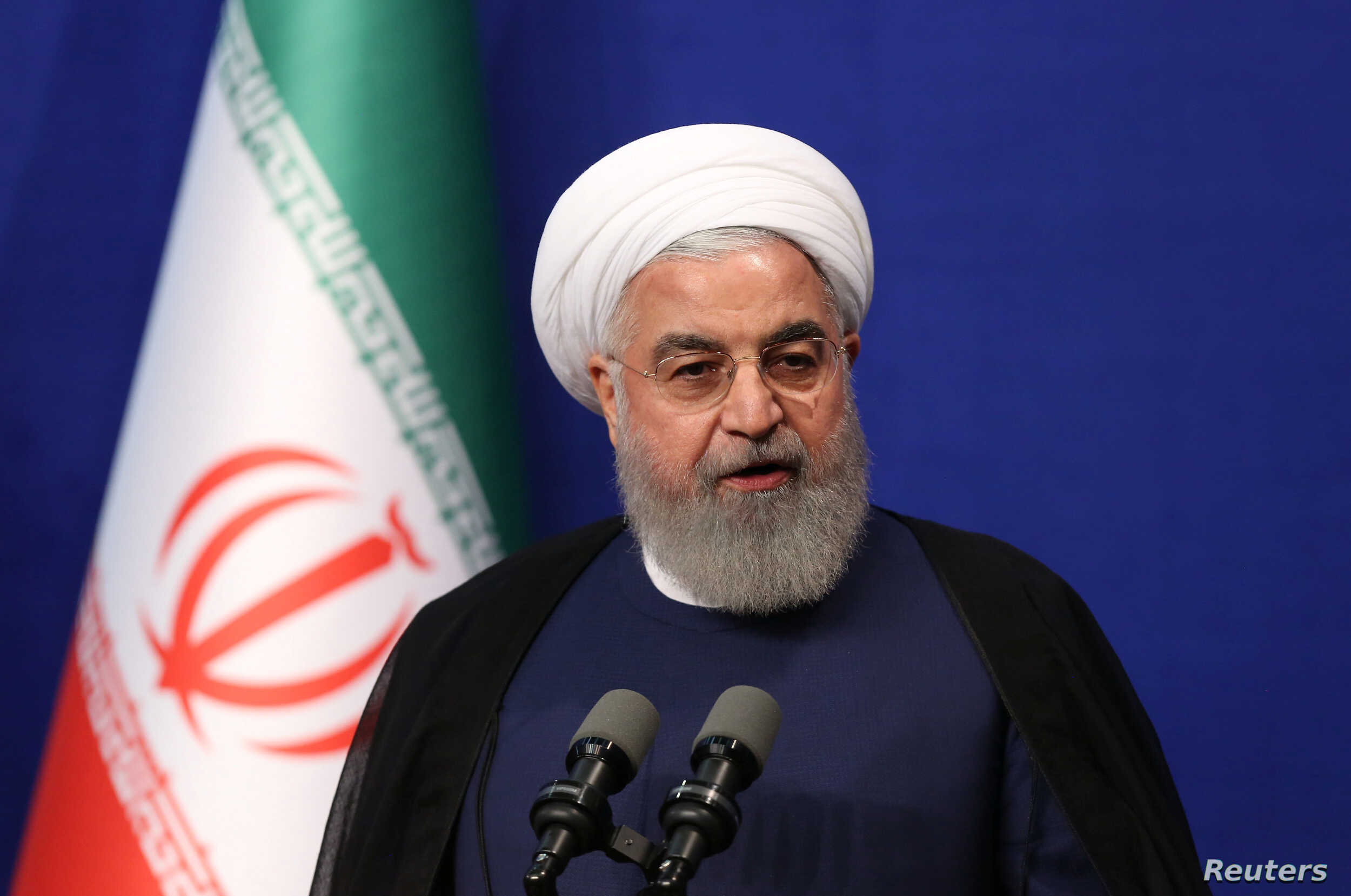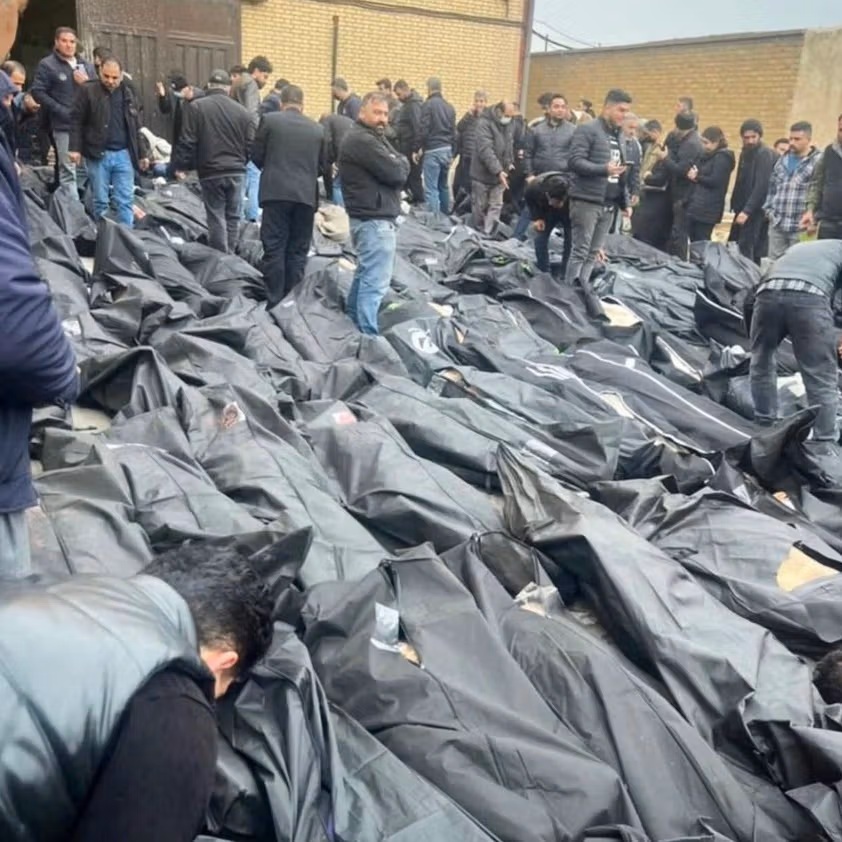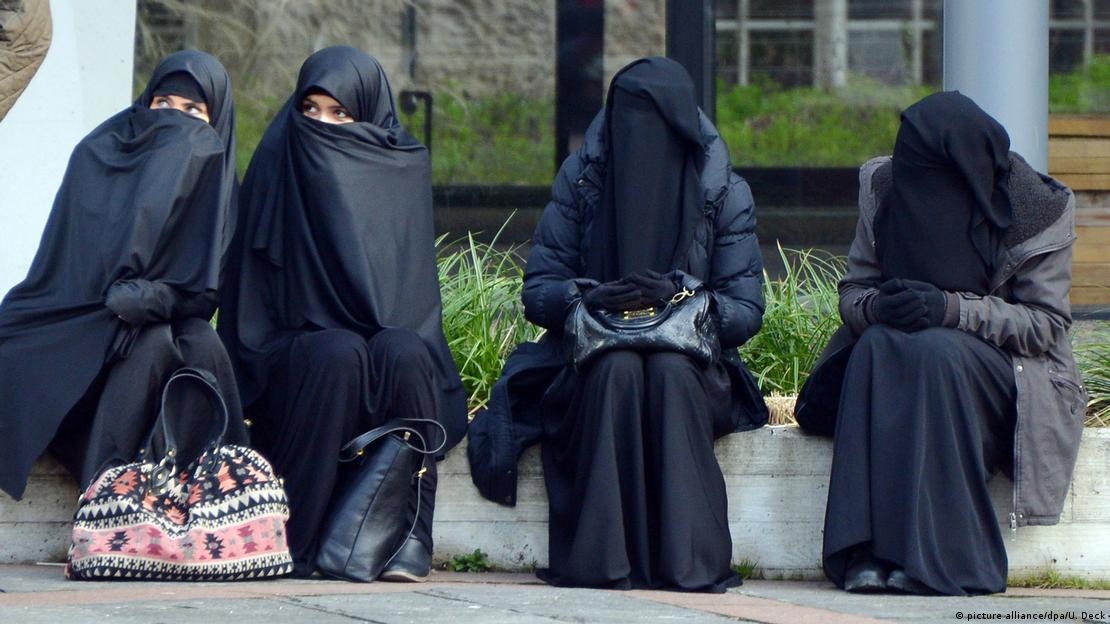
Iran will cold test its redesigned Arak nuclear reactor as prelude to fully commissioning it later in the year, Iran’s Atomic Energy Organization said on Friday.
Spokesman Behrouz Kamalvandi was quoted by local media as saying the cold testing, which usually include the initial startup of fluid systems and support systems, will take place early in the Iranian new year that begins this Sunday.
“In other words, we have advanced work in the field of fuel, storage, etc,” Kamalvandi said.
Iran has recently accelerated its breaches of the 2015 international nuclear deal in an apparent bid to pressure U.S. President Joe Biden to reverse his predecessor’s abandonment of the agreement. Both sides are locked in a standoff over who should move first to save the deal.
Iran agreed to shut down the reactor at Arak - about 250 km (155 miles) southwest of Tehran - under the 2015 deal. It was allowed to produce a limited amount of heavy water and Tehran has been working on redesigning the reactor. It says it plans to make isotopes for medical and agricultural use.
The International Atomic Energy Agency said in a report to member states earlier this week that Iran has started enriching uranium at its underground Natanz plant with a second type of advanced centrifuge, the IR-4, in a further breach of the deal.
Last year Iran started moving three cascades, or clusters, of different advanced models of centrifuge from an above-ground plant at Natanz to its below-ground Fuel Enrichment Plant (FEP). It is already enriching underground with IR-2m centrifuges. The deal only lets it enrich there with first-generation IR-1 machines.
Iran is enriching up to 20% purity at another plant, Fordow.
Source: Reuters





